How will “Squad” be beneficial for the Philippines?

A new regional bloc, dubbed the "Squad," is forming between Australia, Japan, the Philippines, and the US to counter China's growing assertiveness in the South China Sea.

A new regional bloc, dubbed the "Squad," is forming between Australia, Japan, the Philippines, and the US to counter China's growing assertiveness in the South China Sea.
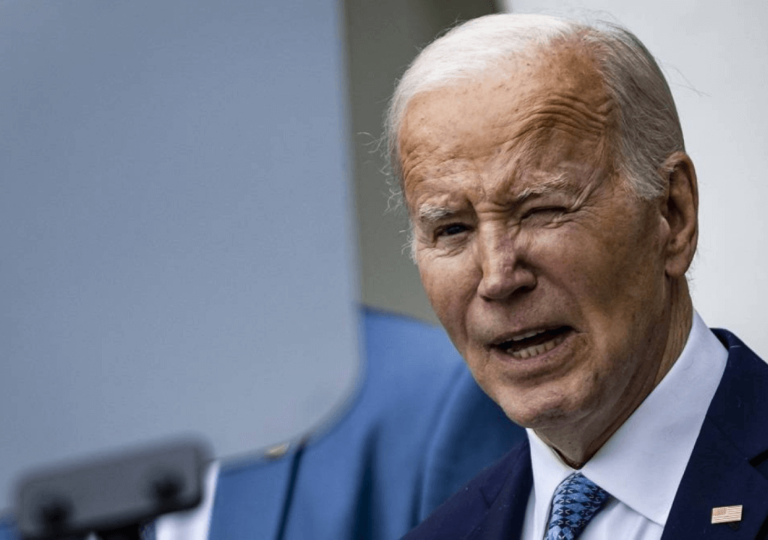
President Biden's controversial comments on immigration policies of Asian countries, Japan, China, Russia, and India have stirred reactions, especially from Japan, a key ally.
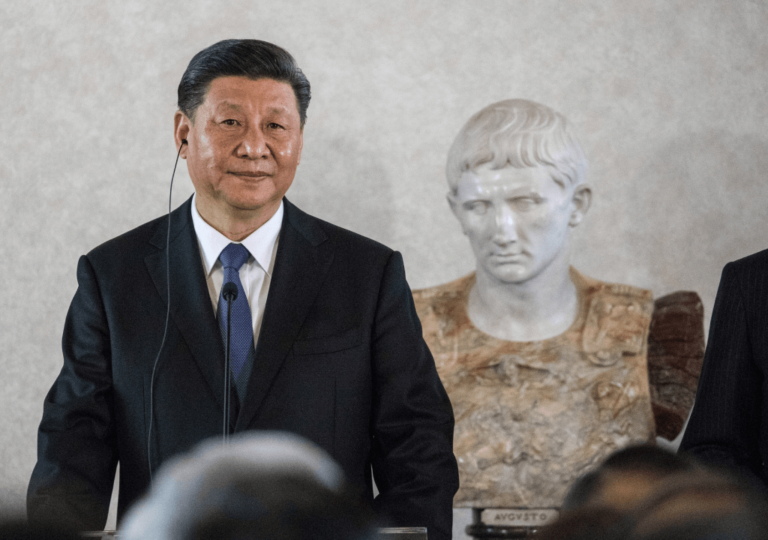
Chinese President Xi Jinping's visit to Europe amid trade tensions and Ukraine crisis. Focus on tariffs, trade agreements, and geopolitical dynamics.
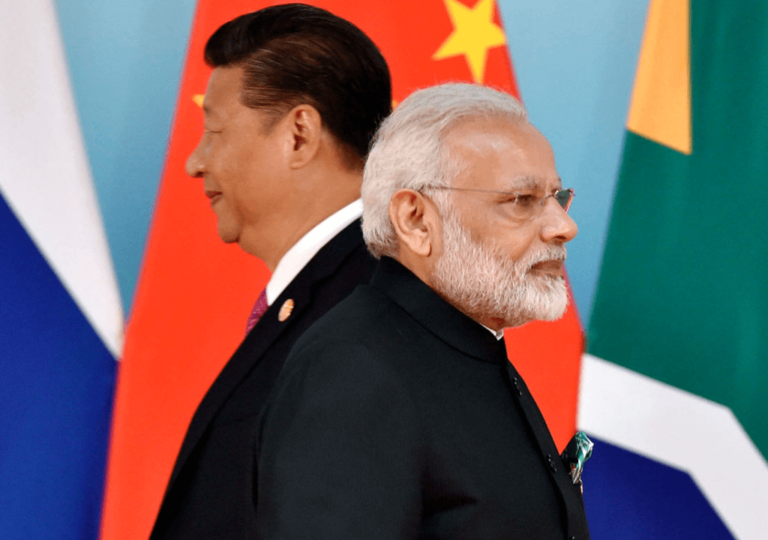
Geopolitical tensions between superpowers impact smaller nations like Nepal, caught between India and China.
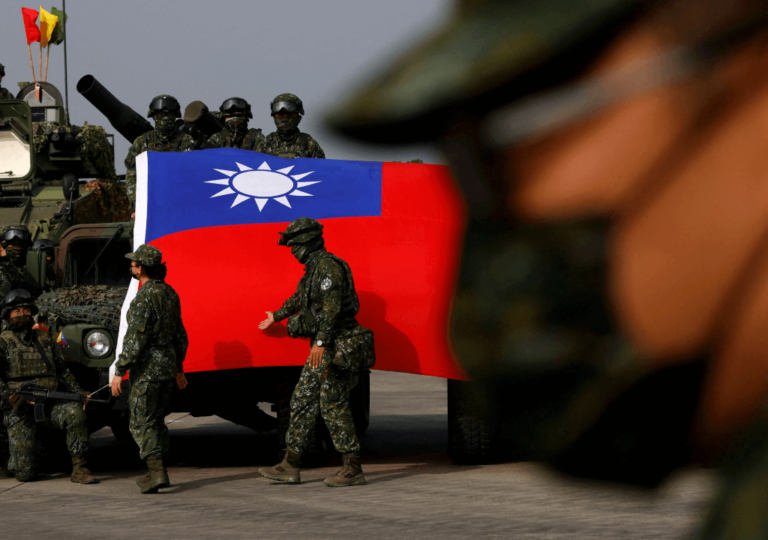
The US Foreign Aid Package allocates $95 billion to Ukraine, Israel, and Taiwan, with a focus on countering Chinese aggression in the Asia-Pacific region.
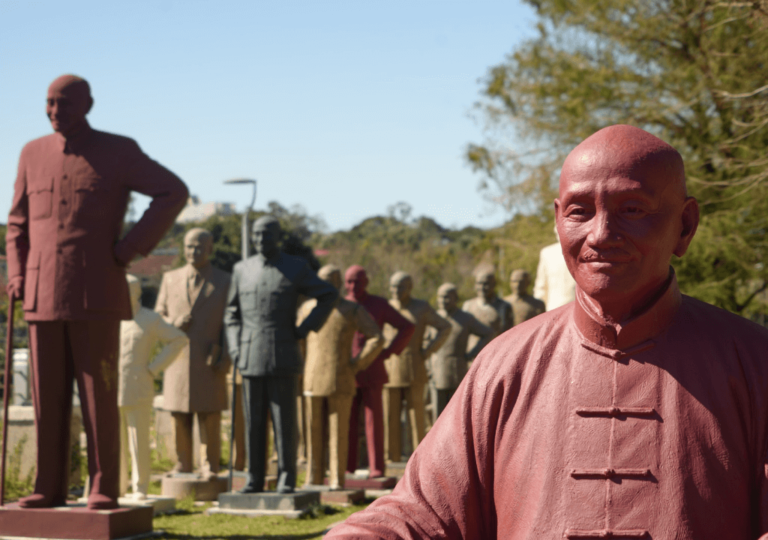
The debate over Chiang Kai Shek's legacy is essentially party-based, with the opposition Kuomintang Party accusing the ruling Democratic Progressive Party of trying to obliterate history.

Maldives parliamentary election results show pro-China party's victory, raising concerns in India; Geopolitical tensions rise as Maldives shifts allegiance towards China.

US, Japan, and South Korea conduct joint drills near China, while US and allies dominate South China Sea exercises.
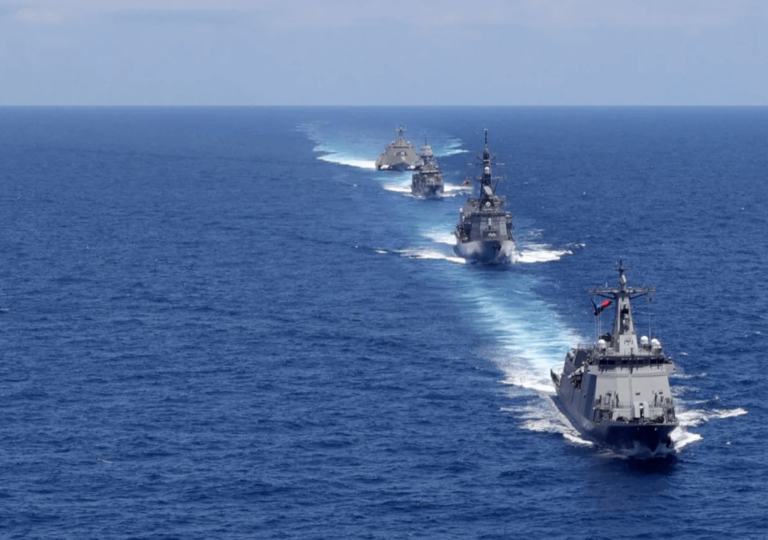
Amidst escalating tensions in the South China Sea, the Philippines and the US are conducting joint military exercises, set to provoke China and challenge its territorial claims.
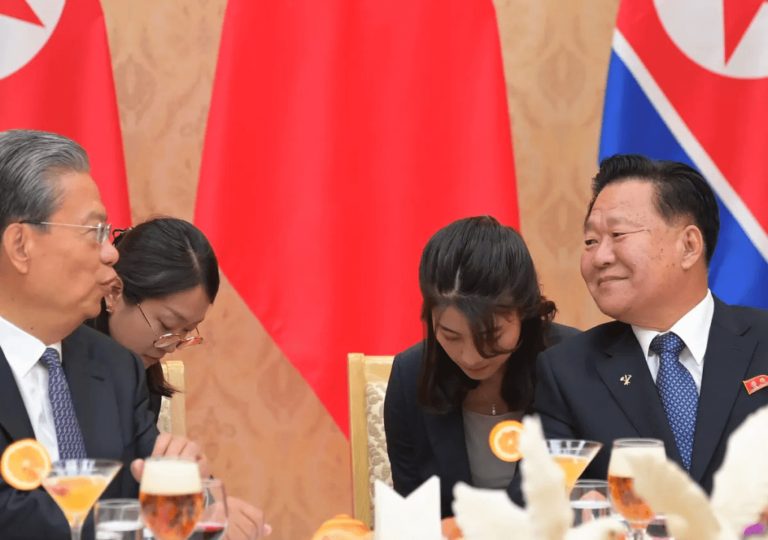
Amidst global power shifts, China strengthens ties with North Korea, impacting regional dynamics. Recent high-level meetings underscore the enduring alliance, raising concerns in East Asia.